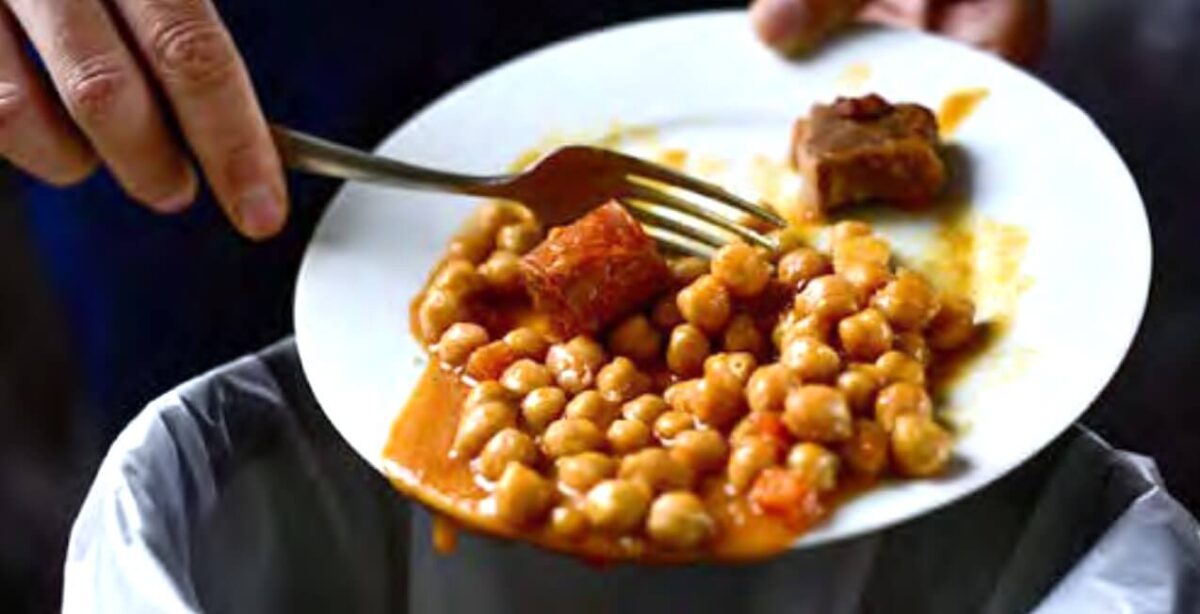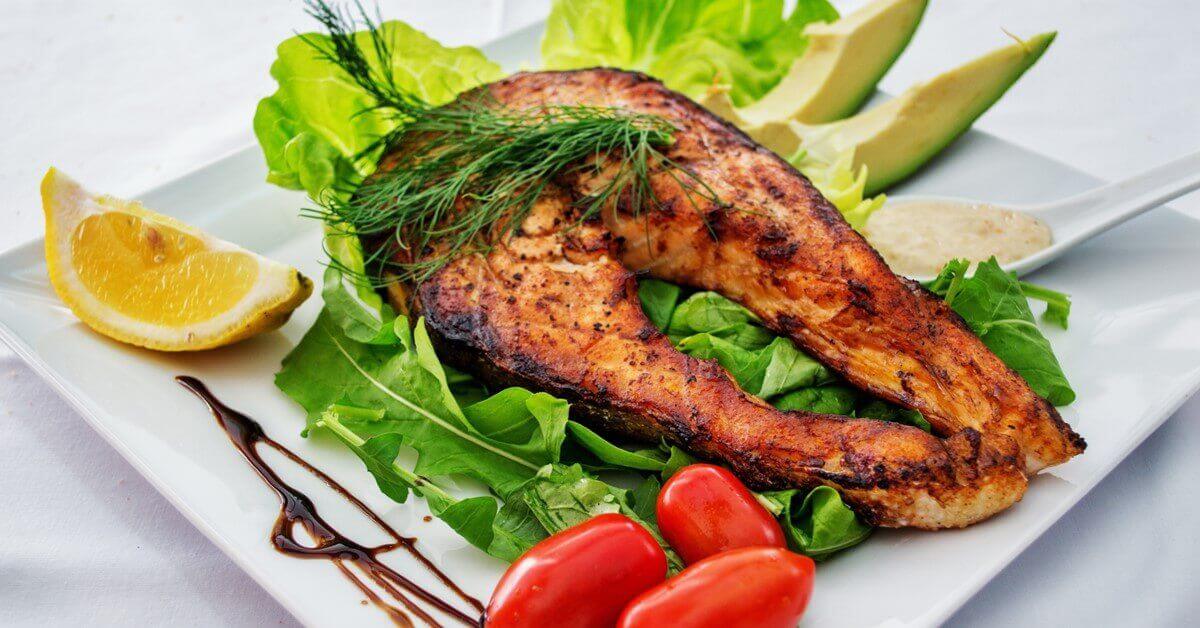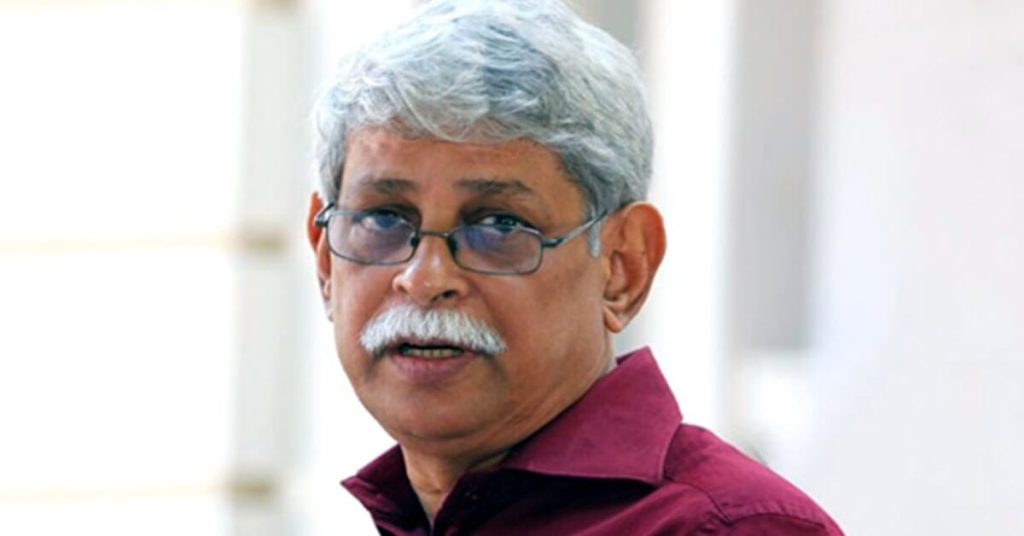Last updated on November 2nd, 2023 at 01:11 pm
Although our first thought and love is food, it is nonetheless heartbreaking to see how much food humanity wastes owing to luxury. it is about food thought, food love and food waste of our time. Food is defined, by the United Nations, as any substance – whether processed, semi-processed or raw – that is intended for human consumption.
“Food” includes drinks and any substance that has been used in the manufacture, preparation or treatment of food. When the amount of our accumulated food determines our possibility of how long and how well to be alive, it controls the entire human psychology in the process of being alive. Lack of food leads to starvation, starvation to death, while excesses are responsible for the same as well.
News circulation makes us aware that many people in the country are facing or nearly facing starvation due either to high inflation or poverty. Their inability to secure two square meals or unexpected cutting of foods is responsible for psychological abnormality and low cognitive functionality. By contrast, there are numerous people who have to skip meals due to physical reasons. For them, their physical and psychological well-being relies on eating less or skipping meals whenever possible. They are not affected by it. Because this kind of starvation is purposeful. Voluntary deficiency of something does not deplete mental strength but rather strengthens it.
Food love and food waste
However, food is central to everything whether physical, social, biological or psychological activities. Well-fed people are more successful and intelligent. A poor student is just enough to be able to dream to become a doctor or climbing a high academic ladder. Except for some exceptions, most of the doctors, engineers, BCS cadres, scientists, litterateurs and well-known athletes are hailed from well-fed families. Virginia Woolf was right to say, “One cannot think well, love well, or sleep well if one has not dined well.”
Oscar Wilde said, “After a good dinner one can forgive anybody, even one’s own relations.” Food plays a vital role in proselyting of religion. A man’s way to his brain is through his stomach. The strongest worry of human life is the worry of food. Avijit Banerjee found that a section of farmers in India gets married to economically compared higher families. So that when the harvest fails, they may ask for help from them.
Food is central to an organism to survival. Our struggle, war and infidelity to one another, in the long run, are for food, and security of it. Our first and foremost anxiety is related to food. Without food and thought of food human life is purposeless. Food and its accumulation determine human values. Chittagonian people throw bigger social banquettes to feed more people to warn greater respect. Human beings feel secure in the security of food. Food is what we have in our minds around the clock.
A nation faces its doom when its production of food can be brought to a halt. Many wars originated from discrimination based on the food and extortion of it. The stability of food decided whether a nation is to be the victor or vanquished. Food is the source of power, politically, or physically. Food decides our looks, strength, intelligence and beauty. For food, we kill that we rear, and for food alone the are various vocations.
Food waste
Food demands our strenuous afford to grow it while it is the food that decides the fate of a government in a nation. Food is used to gain or lose power. Yet, it is the only thing human beings wasted most. According to the UNEP Food Waste Index Report 2021, 931 million tonnes of edible and inedible foods are wasted in the household, food service and retail sectors took place in 2019. The report also reveals that the global average of 74 kg per capita of food wasted each year is remarkably similar from lower-middle income to high-income countries, suggesting that most countries have room to improve.
World Food Programme (WFP) reports that around one-third of food produced for human consumption is either lost or wasted, amounting to a financial loss of about US$1 trillion annually. In a world where foods are produced enough to feed 7 billion people and 931 million tonnes go wasted, still, 811 million people still go to bed hungry each night. According to the fascinating research done by deliveryrank on food and hunger, 2 billion people do not have access to adequate amounts of safe and nutritious food.
In a world where foods are produced enough to feed 7 billion people and 931 million tonnes go wasted, still, 811 million people still go to bed hungry each night.
Deficiencies, excesses, and imbalances of food can produce negative impacts on health, which may lead to various health problems such as scurvy, obesity, or osteoporosis, diabetes, cardiovascular diseases as well as psychological and behavioural problems. The science of nutrition attempts to understand how and why specific dietary aspects influence health. We are what our foods are.

It is food that accentuates death and keeps it at bay. By food, we create casts, race and gender. In many countries, people are discriminated against because of some particular food habits. In India, killing cows for meat food intake for the Muslim minority is considered unlawful, and sinful by the Hindu majority. In Bangladesh, eating pork is forbidden, while killing and selling it can cause public indignation, except for some Christian-dominated and designated areas.
The consumption of the sacrificial meat of Ram by the Hindu community in Bangladesh is considered forbidden by Islam while eating beef by a Hindu can cause his social orchestration. During the Second World War the Jews could not have the option to choose their Kosher foods, while the Muslim soldiers had to eat the same foods that were given to non-Muslim soldiers, instead of Halal consumption.
Foods are to be considered Haram, halal, forbidden or permitted only when there are options to do so. It is just a religious precept. But our natural instinct of survival does not count foods whether they are permitted to consume or not when situations present us with no option. This does not exempt cannibalism. A cabin boy, Richard Parker was killed and eaten by the Victorian sailors, when stranded in the middle of the South Atlantic during a voyage, in 1884.
In bygone days, even today in some areas or countries, female children and women would have been given less or substandard foods. Because they were thought to be the burden and unproductive hands by their parents and society. Moreover, the quality of foods determines the quality and the degree of our success in real-life situations. Because our success is the accumulation of opportunities, the opportunity to eat good foods.

God, gods and goddesses seemed to have favoured some particular foods for a particular community of people. Islam, Judaism, Hinduism and Christianity permit killing a particular set of cattle for consumption and for the purpose of offering to the creator. From the time unknown, the gods of the ages demanded food sacrifice from mere mortal creatures.
Food thought
Just to know how valuable foods can be in regard to cultural legacy, and one’s honour we can shed some light on a few nations and their perception of food. In Indian subcontinental countries, wedding parties turn into battlegrounds and marriages get dissolved over food quality or shortage of food during a wedding party. People fought over the shortage of food at a wedding party in Bangladesh. A bride’s family refused to solemnise marriage because of the chaos created by the groom’s family over chicken dish. A wedding day turned into chaos as guests fought with each other as food run out in India. These are a few pictures of frequent social phenomena revolving around food.
Bob Ashley and other in their Food and Cultural Studies observe that Our class and identity is judged by our taste of culinary, and it helps us judge if someone is ‘our kind of people’. For example, in the UK, balsamic vinegar has become a means of condensing a series of images of the middle-class foodie who wishes to demonstrate their associations with restaurant cuisine, international travel and knowledge of food fashions.
The ways in which what we eat and how we eat relate to class cultures and identities. The foods we eat are not simply an expression of individual tastes but have a wider basis in class cultures and lifestyles, and cultural identity. Tastes are not simply a reflection of our identity but work to construct our cultural identity: we may be what we eat, but what we eat also produces who we are.
While the working or middle-class people struggle for the quantity of foods, the upper-class people are much more concerned about the quality over quantity and the style and aesthetic quality of foods presented.
Claude Fischler identifies food-related ‘neophilia’, a favourable reaction to unfamiliar foods, accompanied by ‘neophobia’, which sees the new in terms of danger, rejects the unfamiliar (foods), and falls back on familiar and ‘safe’ foods. Current examples of neophobia are frequently seen in holiday-makers’ rejection of indigenous foods as ‘dangerous.
The conquering party always ate better foods than the vanquished people making the former better equipped to dominate the subordinates even better. Food is material, but also symbolic, and literally every day. Our experience of food is a physical, sensual, shared human experience. Food is embodied, mundane, and often gendered in its preparation and consumption.
Experience of it evokes recollections that are not simply cognitive, but also emotional and physical. during their exodus of Israelis to the promised land of milk and honey from Egyptian slavery, they rebelled against Moses for the lack of food in the middle of the desert. they recalled the time of slavery and the prospect of quality foods.
Conclusion
The thought and obsession with foods lead us to gluttony and greed. We sometimes become so greedy and extravagant that we never realise the quantity of the food we waste making an unequal distribution of it. One section of people has enough to devour while another section is starving. It is the most painful thing in the world when you know that you are the only person starving while millions around you have styled foods. In fact, our extravagant wedding parties cause the most food waste in Bangladesh. Let us live and let others live as well. Stop the waste!






